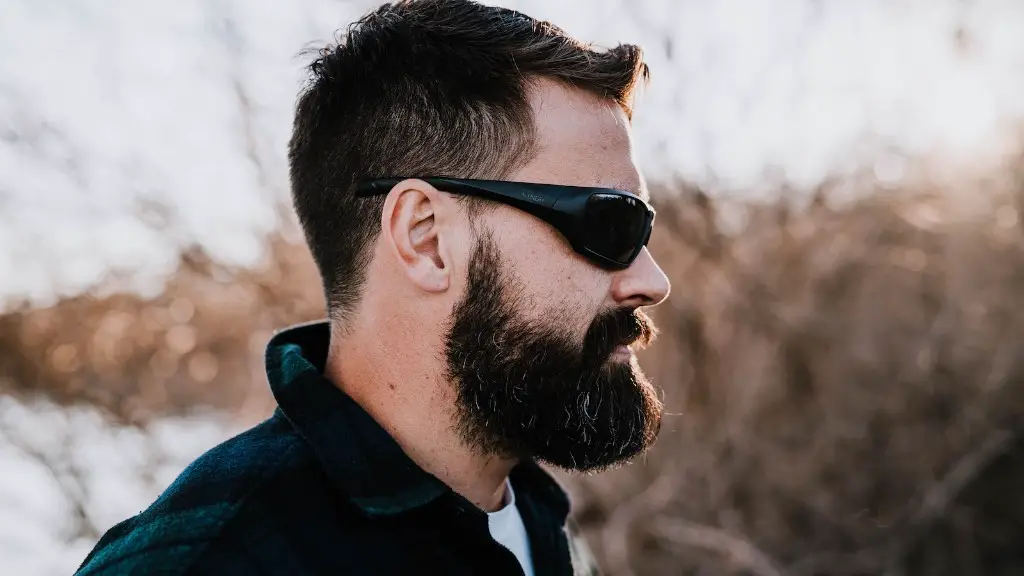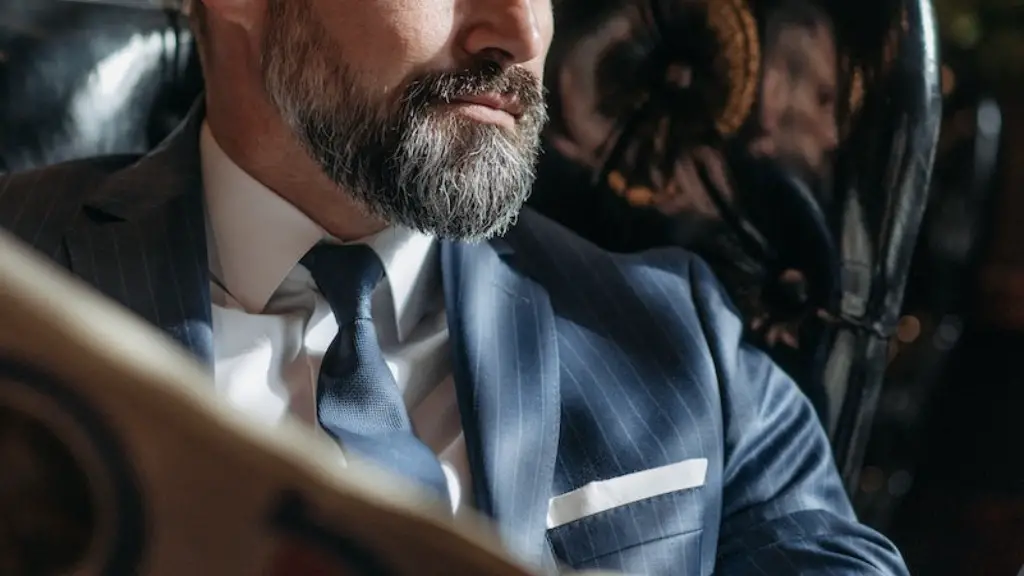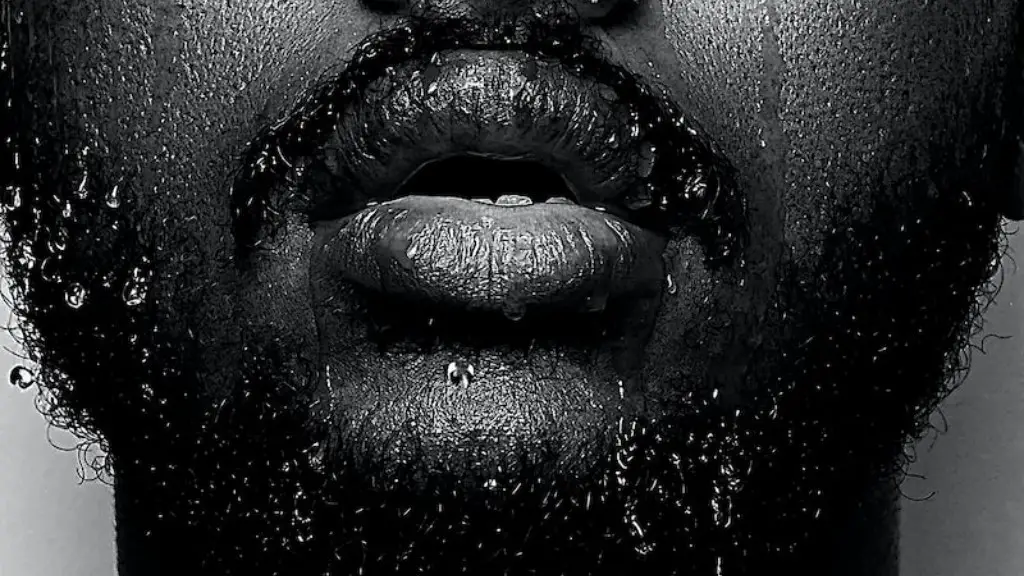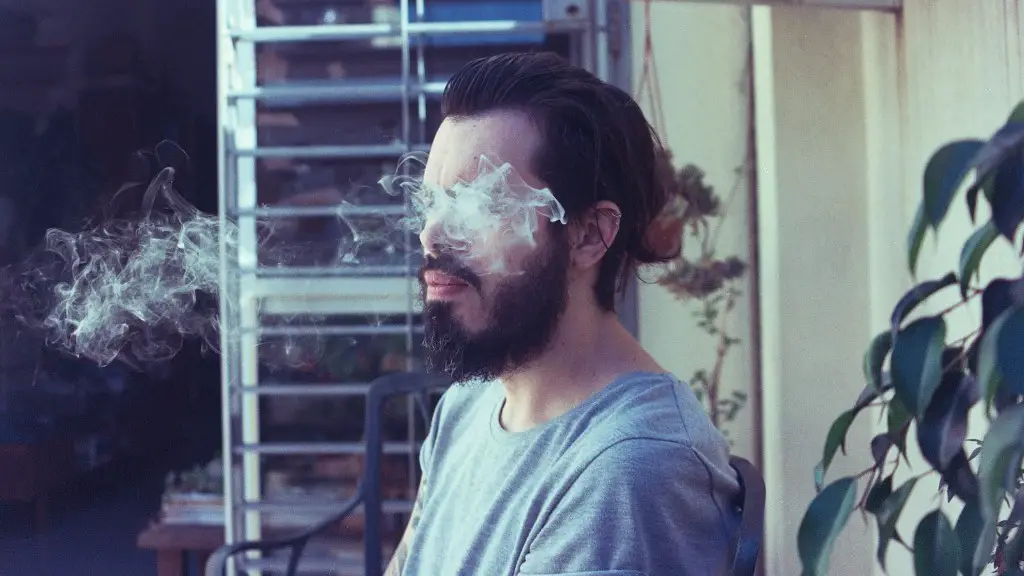Does Olive Oil Help Beard Growth?
For decades, olive oil has been revered as a powerful, nutrient-dense oil. It’s been used in cooking, added to beauty treatments, and even used as a remedy to reduce symptoms of certain health conditions such as acne, arthritis and high cholesterol. But in recent years, some people have started to question whether olive oil can be used to enhance the growth of facial hair—namely, the beard.
A number of people believe that olive oil may have some of the properties that can promote beard growth, as some of the oil’s nutrients—such as omega-3 fatty acids as well as vitamins A, E, and K—have been found to possess beneficial qualities for hair. But there is still no scientific evidence proving that olive oil can directly stimulate beard growth. The truth is that despite the potential benefits of olive oil for beard growth, the science is still inconclusive.
According to experts, the key to growing a thick and healthy beard lies in hormone balance and personal genetics. For some men, simply maintaining a healthy diet and lifestyle can help tip the scales in their favor in terms of optimizing hormonal balance and genetics, while others are more likely to need more unique strategies. That said, there is still the possibility that olive oil may help some men better achieve their goal.
Despite the lack of scientific evidence, anecdotal reports suggest that olive oil can be beneficial for beard health. On forums and social media, many men claim that olive oil—used daily—has had a positive effect on their facial hair growth in terms of improving the overall length and strength of their beard, as well as making their facial hair more manageable.
A number of men have also started to use olive oil mixed with other ingredients, such as Epsom salt and vitamin E, for a natural beard care routine. Others have added lime juice to the mix for an extra boost of acidity, which works as an exfoliator to remove excess dirt and debris from the facial skin.
There is no one-size-fits-all approach to beard care, and only the individual knows what will work for them. While it is still unclear whether olive oil has the properties that can directly contribute to the growth of facial hair, it is worth noting that some of the individual components of the oil are known to have skin and hair boosting abilities, so taking advantage of these components—while maintaining proper nutrition and lifestyle—can help promote beard health.
Antioxidants in Olive Oil
Olive oil contains antioxidant compounds—such as polyphenols, tocopherols and phytosterols—which are widely believed to protect against cell damage caused by free radicals that can result in premature aging of the skin and the slowing of facial hair growth. In addition, olive oil is rich in monounsaturated fatty acids and Vitamin E, both known for their protective effects on skin and hair.
Experts believe that olive oil’s high antioxidant content could help to reduce the risk of hair damage, and also play a role in invigorating beard growth by combating any oxidative stress that might slow down or prevent the process.
Though there is no scientific evidence to support this notion, anecdotal reports suggest that many men who have tried using olive oil on their beards have experienced positive effects, such as less noticeable split ends and softer facial hair.
Vitamins and Nutrients in Olive Oil
Olive oil is known for its high vitamin and mineral content, particularly Vitamin A, Vitamin E and Vitamin K. These vitamins are believed to play an important role in maintaining the health of facial hair follicles and promoting the growth of facial hair.
Vitamin A, for example, is known for its antioxidant properties, which help to reduce signs of aging and stress, and for providing your beard hair with much-needed moisture and nourishment. Vitamin E is believed to have even more far-reaching effects, as it is known to boost circulation to the hair follicles, and moisturize and protect the sensitive skin beneath the beard.
Finally, Vitamin K is important in the formation of proteins and cells necessary for healthy facial hair growth, as well as helping to strengthen the hair—which is especially important for men trying to achieve a full and thick beard.
Olive Oil Reduces Irritation and Flaking
Many people experience irritation, flaking and itching under the beard due to dry skin. These symptoms—caused by lack of moisture—can be exacerbated by the natural hormones that cause hair growth. Olive oil may help alleviate the discomfort associated with these conditions by providing the skin with additional hydration.
In addition, the antioxidant properties of the oil can help reduce inflammation and protect the skin from damage. This is an important factor for men who are trying to improve not just the look of their beards, but their overall skin health as well.
Did It Work?
In the end, the effectiveness of olive oil for beard growth will depend upon the individual. While some men may see positive effects within a few weeks of using the oil, it should be noted that it may take months—or even years—for other people to achieve their desired beard results. It is important to recognize that growing a beard is a process and to keep in mind that the outcomes will vary from person to person.
That said, olive oil—used daily—can help improve your beard health regardless of where you are in your facial hair growth journey. From nourishing and hydrating the skin beneath your beard to providing powerful antioxidants that can protect the skin and long-term health of the hair follicles, olive oil can be a great supplemental ingredient for achieving visible results.
Natural Beard Oil Recipes With Olive Oil
Though there is no scientific evidence that olive oil can directly stimulate beard growth, its properties may still yield some beneficial results for your beard. For those who like to take a DIY approach to their beard health, it is possible to create your own beard oil blend that contains olive oil.
In creating your blend, be sure to combine olive oil with other carrier oils and essential oils that have similar properties—such as grapeseed oil, jojoba oil and tea tree oil. These oils are believed to help nourish the skin, while providing bacteria fighting and follicle stimulating benefits. You can then add a few drops of essential oils that are known to have therapeutic effects on the skin, such as lavender and rosemary.
Once you have your ingredients together, it’s as simple as combining them in a glass jar and shaking until they are properly blended. With the right blend of oils, you could potentially experience some positive effects on your beard.
Conclusion
If you’re looking for ways to promote your beard health and growth, olive oil is worth considering. While there is no guarantee that the oil will directly influence facial hair growth, the natural ingredients of the oil—such as vitamins and antioxidants—could potentially promote healthier skin and hair follicles. Additionally, olive oil can help to moisturize, soothe and protect the skin beneath your beard, which is an important component of keeping your beard looking and feeling good.
Other Considerations
In order to get the most out of olive oil, it is important to look for 100% cold-pressed extra-virgin oil. This type of oil is extracted without the use of heat or chemicals, which helps to preserve its nutritional content. Additionally, look for oils that are certified organic, as they are typically free of any additives or preservatives.
Finally, it is important to note that while olive oil plays a role in overall beard health, a complete package of healthy diet and nutrition, exercise, and adequate rest should also be taken into account for maximum effectiveness. Therefore, it is best to take a holistic approach to fashioning your beard health regimen.





